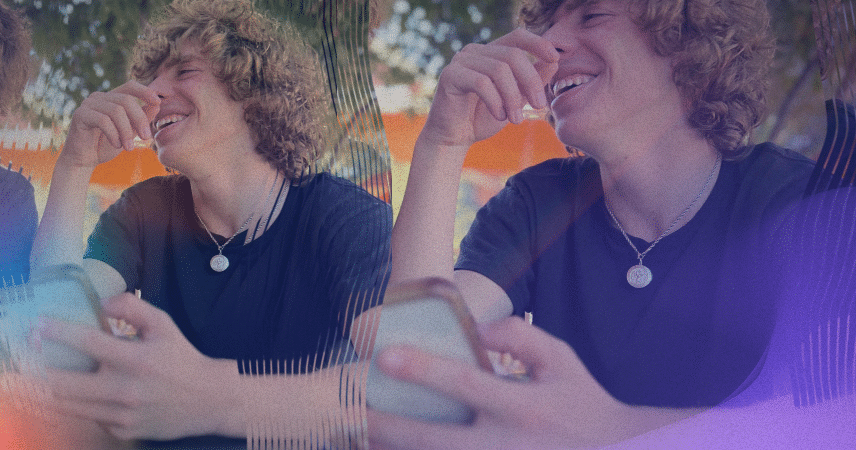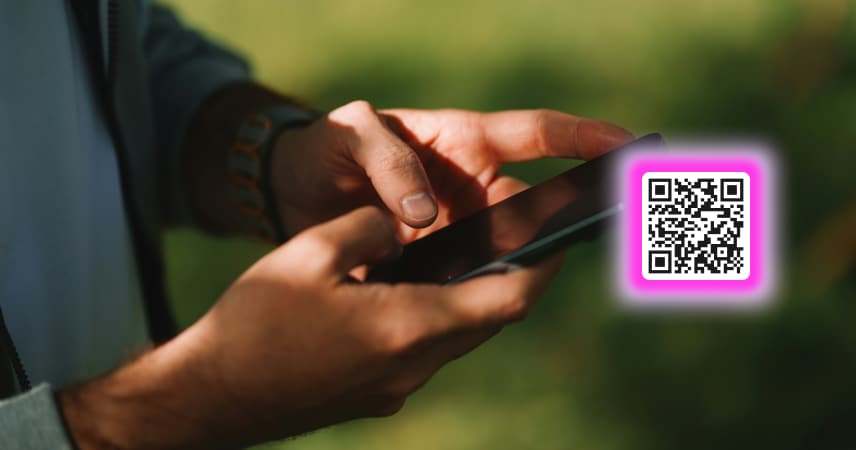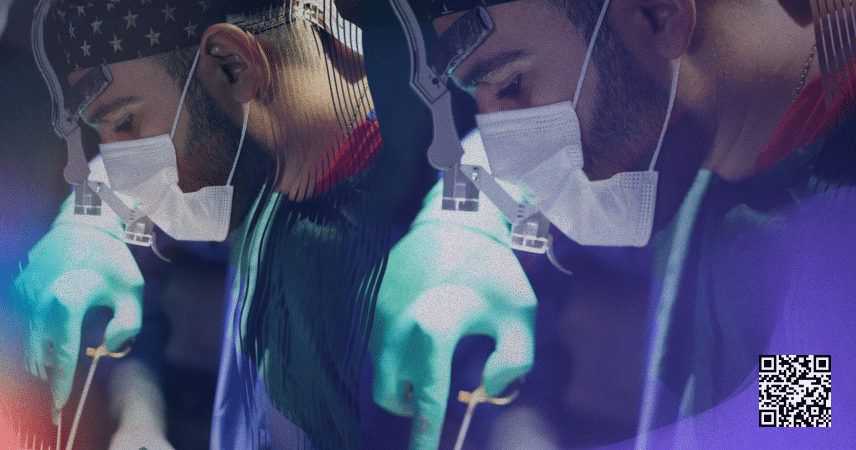You Are More Than Your Dating Profile

For many in our community, dating apps are a space to feel seen, to explore, to connect when the offline world feels unsafe. But what happens when a space meant for connection starts to chip away at our self-worth?
In a world where queerness is often misunderstood or tokenized, we have to talk honestly about how dating apps impact our mental health and our ability to stay grounded.
The Double-Edged Swipe
Yes, dating apps can be empowering. They can help us understand ourselves and what we want. They introduce us to people we might never meet in our day-to-day lives. For those in rural areas or unsupportive environments, dating apps can be a rare source of hope.
But dating apps can also mirror our insecurities. A lack of matches can feel like a referendum on our attractiveness. A wave of attention can feel hollow when it comes with objectification. And being filtered, ignored, or ghosted can leave us spiraling—questioning our worth in ways that go deeper than dating.
These immediate interactions and reactions can actually rewire our nervous systems, increasing anxiety, people-pleasing, and rejection sensitivity over time.
Rejection Isn’t a Diagnosis
For LGBTQIA+ people, rejection usually doesn’t start with dating—it starts with family, school, or faith communities that told us we were too much, not enough, or unwelcome. So when a match ghosts us, it can reopen wounds.
This is especially true for neurodivergent people and those living with complex trauma. Rejection Sensitivity Dysphoria (RSD), for example, is common in people with ADHD and can cause small rejections to feel catastrophic.
Your nervous system is trying to protect you, but that doesn’t mean it has to control you.
Affirming mental health care—especially with providers who understand the complexities of LGBTQIA+ identity—can help you unlearn these responses and build tools for navigating rejection with compassion and resilience.
Identity Isn’t an Algorithm
One of the most overlooked impacts of dating apps is how they can subtly shape our identities, especially for those still exploring or defining their sexuality or gender.
When the goal becomes being desirable to others, we may start to shrink or shift who we are. That can look like:
- Downplaying parts of your identity that might “scare people off”
- Performing a version of queerness that feels more trendy or palatable
- Staying closeted about parts of yourself, even in digital spaces
But identity isn’t something you market—it’s something you live. The best relationships are built on the parts of you that feel most authentic.
Staying Grounded in You
So how do you stay rooted when the apps feel shaky? Here are a few things to come back to:.
- Curate your space. Unmatch. Mute. Take breaks. You’re allowed to protect your peace.
- Watch for patterns. Not getting a response sucks but are you constantly going for the same type of person? Are you overlooking others because of unconscious bias? Notice what you’re drawn to, and what it might be reinforcing.
- Talk about it. Therapy, peer support, or even just venting to friends can pull you out of spirals.
And remember: You are more than your dating profile, and more than anyone’s reaction to you.
Want to Talk to Someone Who Gets It?
FOLX Health offers LGBTQIA+ affirming mental health care, including therapy, medication support, and a clinician network that centers your identity. Learn more at www.folxhealth.com



